Q&A: Moon Joon Choi (Chiropractor)


Born and raised in Seoul, South Korea, Dr. Choi earned his Doctor of Chiropractic degree at Palmer College of Chiropractic in Iowa. Although he is relatively new to the UP team, he has been living and working in Shanghai for a year prior.
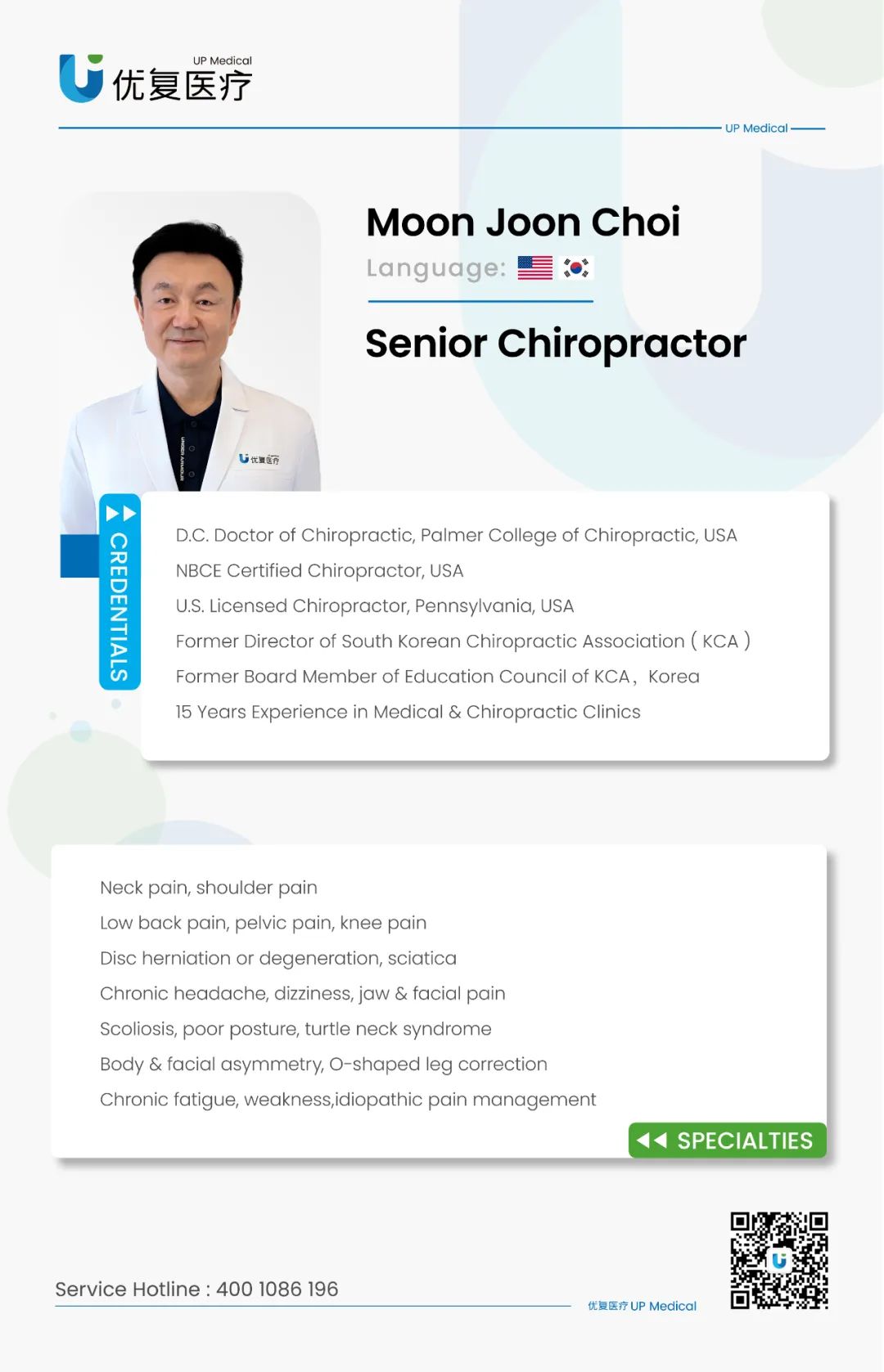
Along with being passionate about taking care of people. He’s also a big fan of getting out into nature and hiking: “Growing up in South Korea, where about 80% of the land is mountainous… I used to hike about three times a week—it was almost like an addiction to the endorphin rush!”
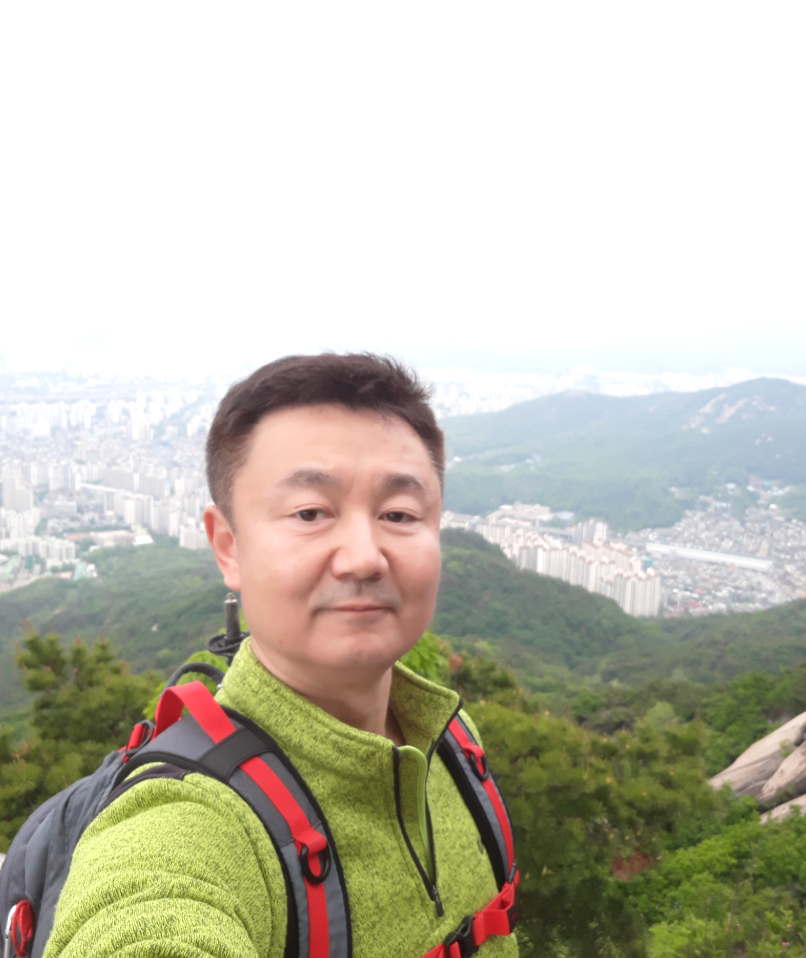
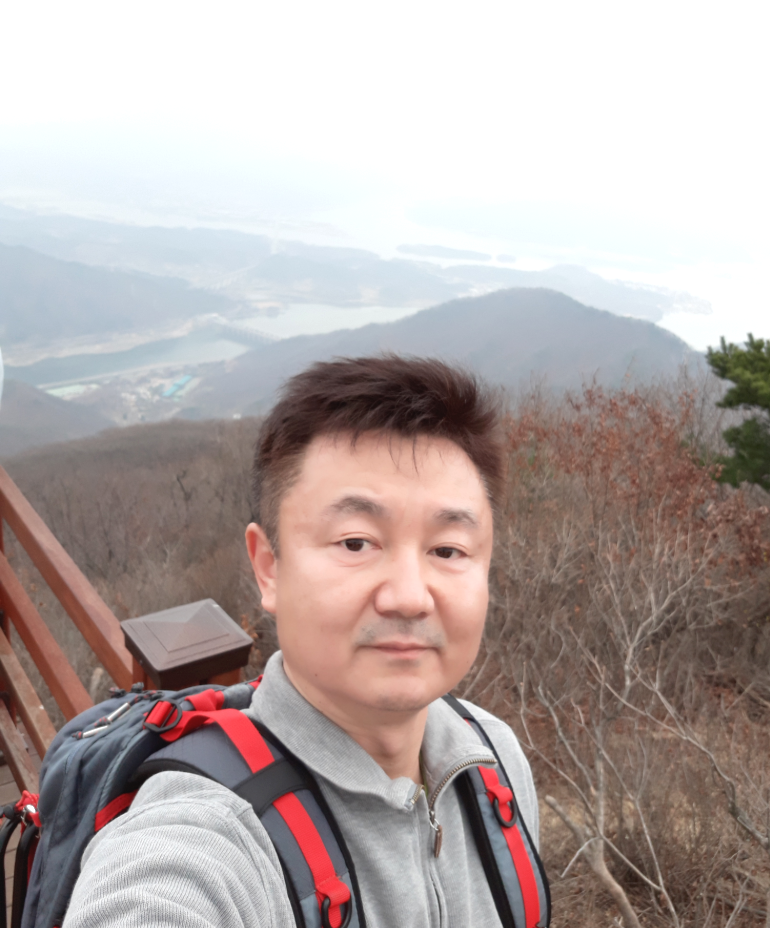
UP Medical
Now settled in the less-mountainous Shanghai, Dr. Choi has lots to give to the UP team. Read on to learn more about Dr. Choi and his approach to chiropractic care:
01
How did you first decide to become a chiropractor?
Chiropractic care wasn’t widely known in South Korea when I first learned about it in the early 2000’s. My wife was struggling with low back pain due to spondylolisthesis – a condition where the vertebrae slip out of place. She was determined to avoid surgery and discovered chiropractic care as an alternative. That was my first introduction to the field. After a few sessions, her condition improved significantly, and she encouraged me to pursue a career as a chiropractor. Thanks to regular adjustments, she’s doing much better now!
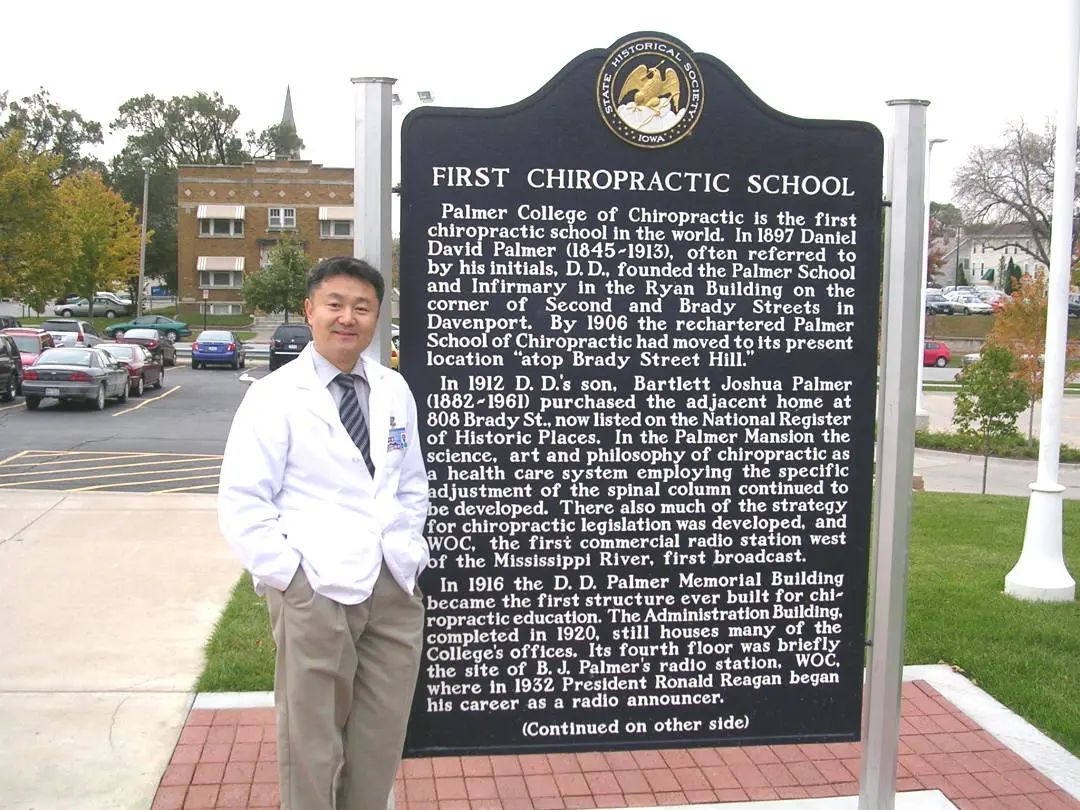
02
Wow – that’s a very personal start into the practice. Could you tell us more about some of your specialties, especially given your unique background?
With my background in chemical engineering, I bring a unique perspective to analyzing the static and dynamic mechanics of the human body. This helps me identify the root causes of a patient’s issues. I specialize in pinpointing underlying problems, particularly for spinal and musculoskeletal conditions, which is why many patients come to me for help with chronic pain or structural imbalances.
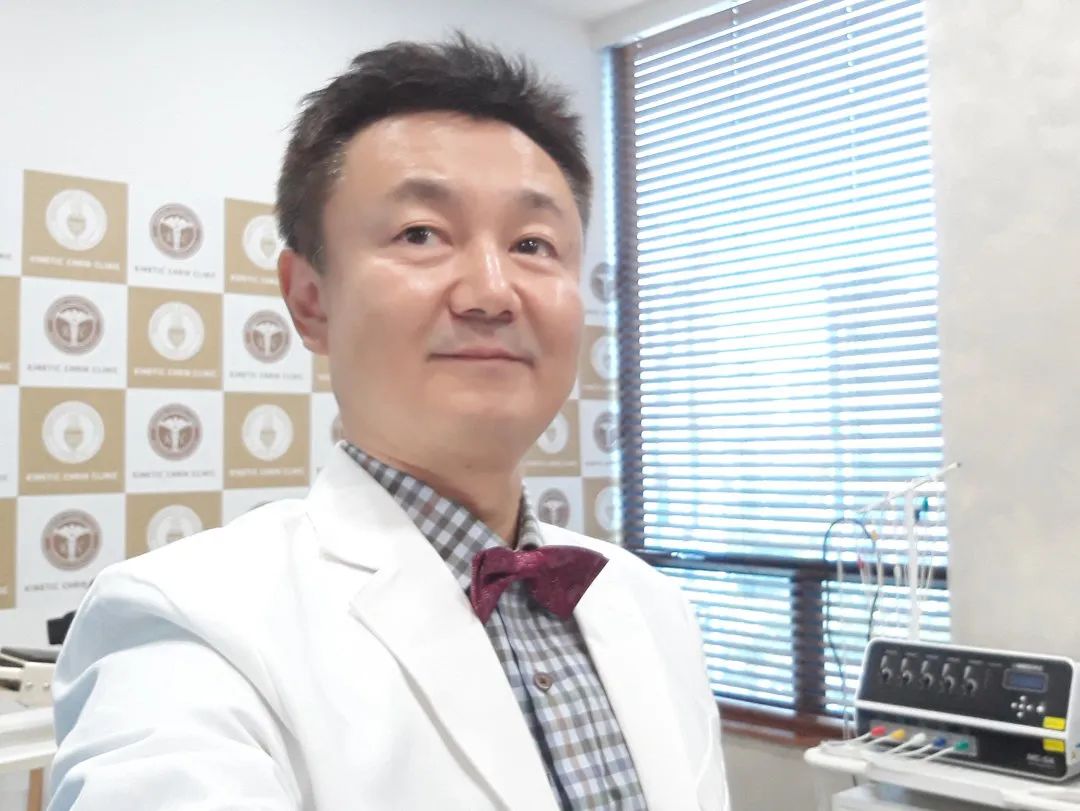
03
Postural concerns are becoming more of a ‘pain point’ for people. Given your work, particularly with spinal and musculoskeletal conditions, do you have any suggestions for people concerned about their posture?
Posture is largely a matter of habit, and habits can be tough to break because they become second nature. Ultimately, the success of treatment depends more on the patient’s commitment than the practitioner’s efforts. Most postural issues stem from daily habits, like how you sit or stand. My advice? Be open to change. By consciously adjusting your habits, you can improve your posture and, ultimately, shape a healthier future.
04
Patients who are open to change must make good process in their healing journey! What do you see as one of the biggest challenges with patients?
One of the biggest challenges is managing patients’ expectations when they’re unrealistically high. This can lead to dissatisfaction. The key is patient education—helping them understand the process and set realistic goals for their treatment.
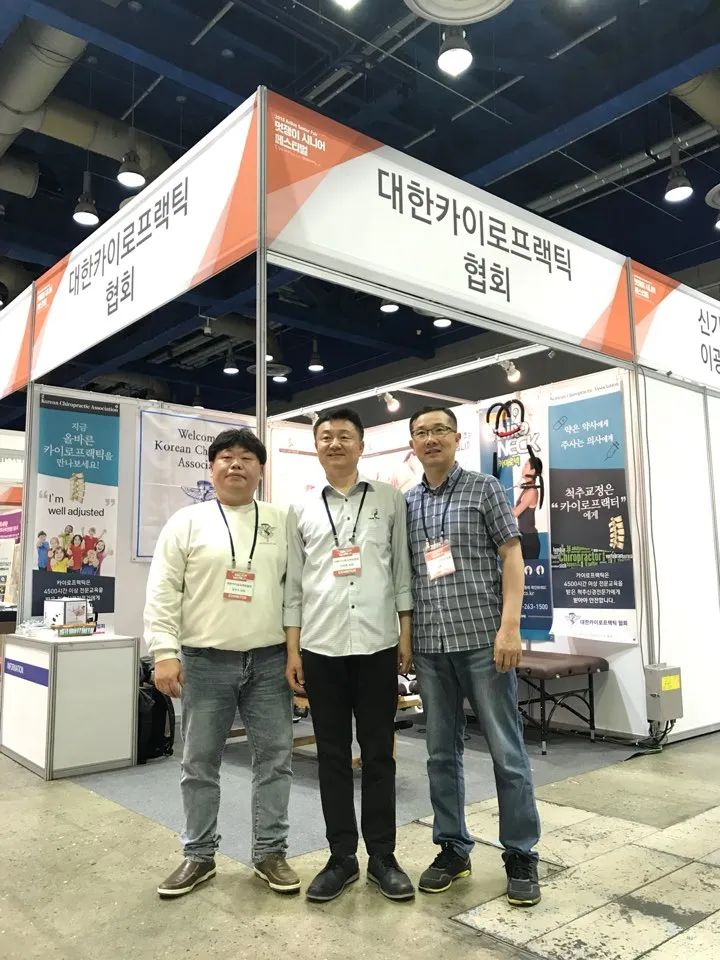
05
At UP there are a variety of specialists working to help others heal – How do you see the relationship between chiropractic care and physical therapy?
The relationship between chiropractic care and physical therapy can be nuanced. I studied physiotherapy in college and even earned a related sublicense in the U.S. In many U.S. chiropractic wellness centers, chiropractors incorporate physical therapy modalities. There’s considerable overlap between the two fields, with no clear dividing line. From my experience, physical therapy tends to be more effective for extremity issues, while chiropractic care excels in addressing spinal problems. Together, they can complement each other beautifully to provide holistic patient care.
06
Working together to create harmony! Thanks so much for sharing – is there anything you would like to add about being a chiropractor and the continuous need for chiropractic care?
We are at a historic turning point known as the Fourth Industrial Revolution. Throughout history, major transitions have given rise to certain professions while others have faded away. Chiropractors, however, are likely to remain indispensable. This is because the profession relies on a delicate sense of touch, dexterity, and the ability to empathize and connect with patients. What begins as a skill can, over time, evolve into an art. I increasingly feel that my profession holds enduring value.
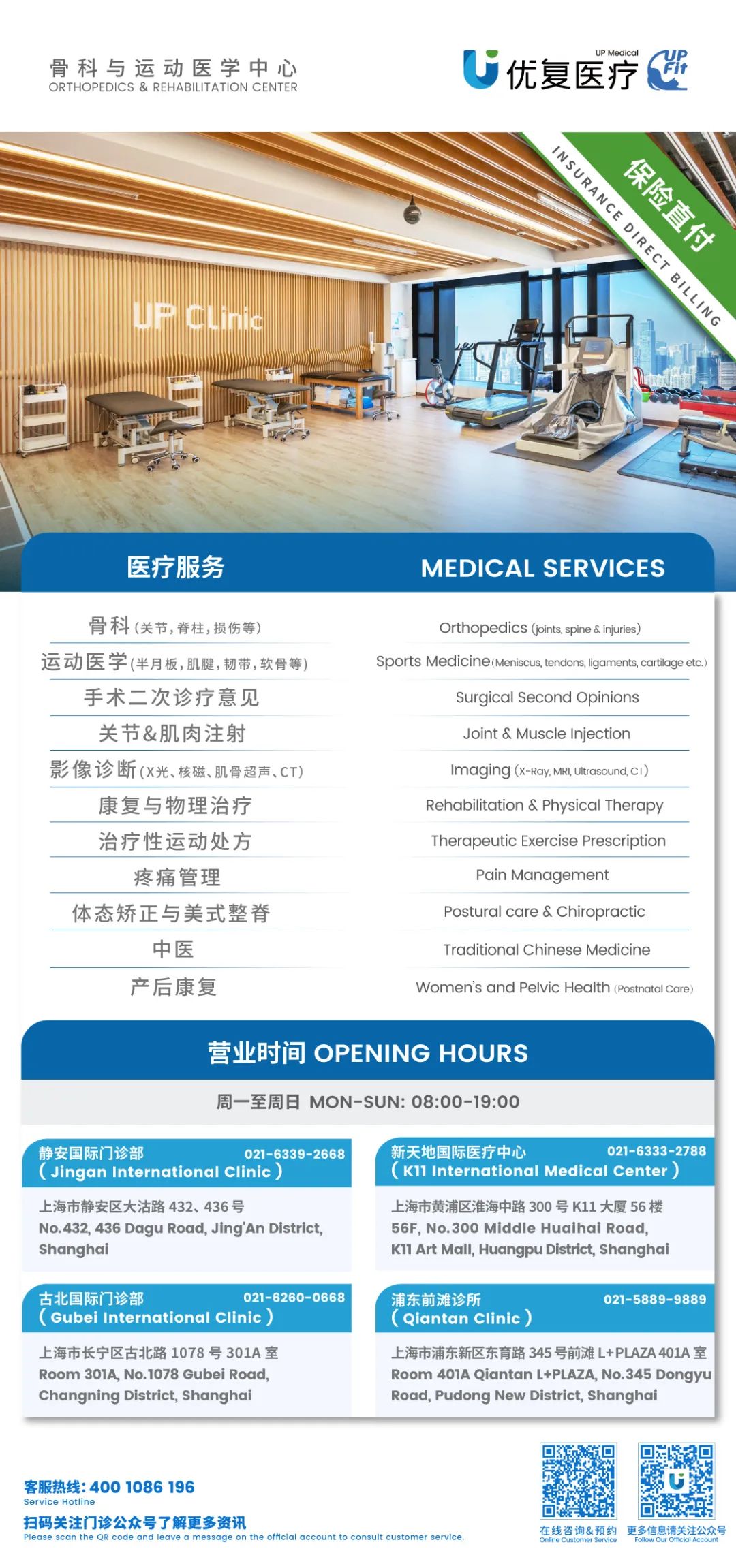
本篇文章来源于微信公众号: 上海优复康复医学门诊部

